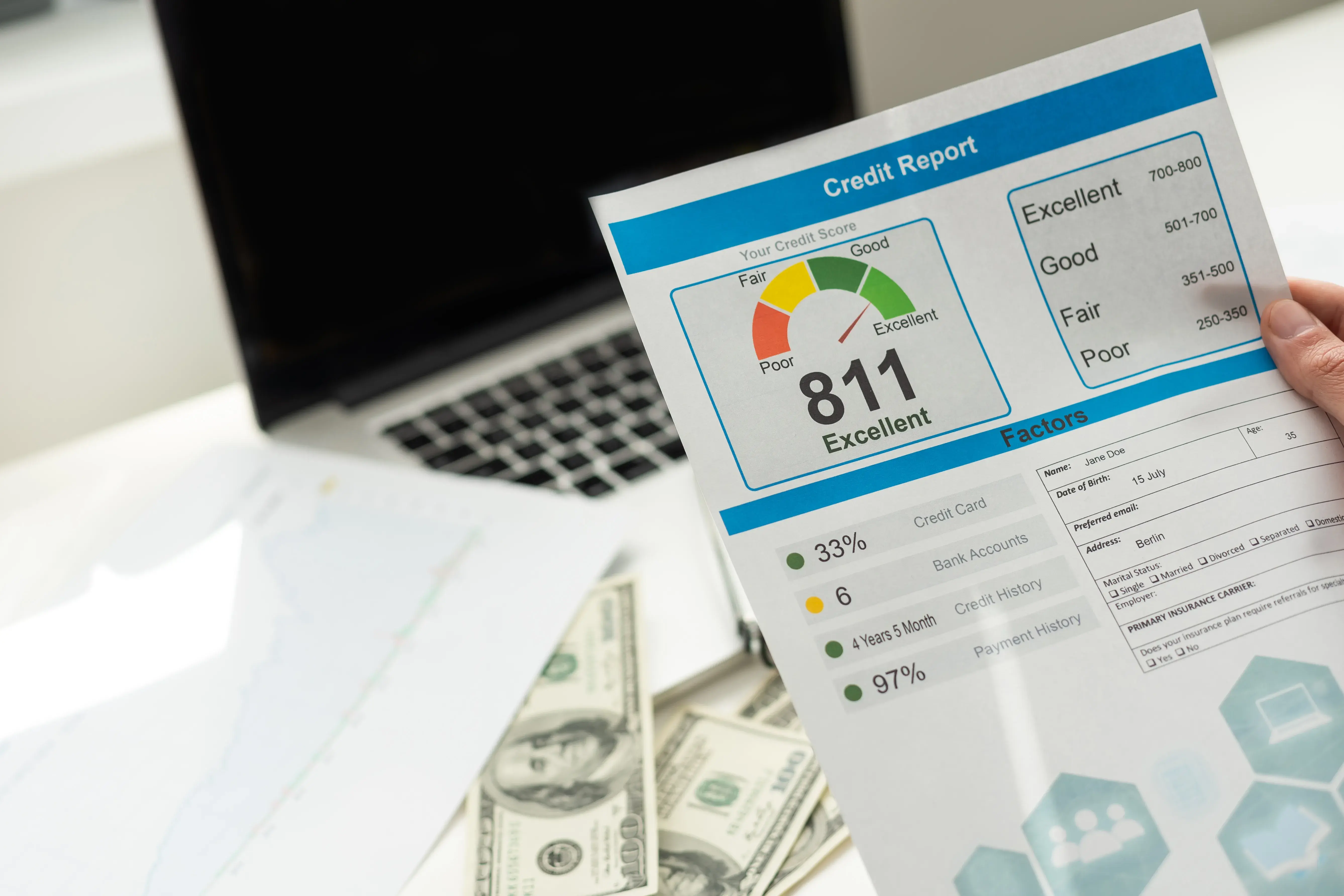-
Posted on: 23 Aug 2024

-
Introduction A lot of individuals are concerned that even if they checked their credit score, they would be damaging it. Since credit plays a significant role in acquiring loans, credit cards, mortgages, rentals, and many other things, it is not surprising that consumers want to keep tabs on their scores. But some believe that just checking could lead to a drop. Regarding this, this article will discuss whether and how frequently checking your credit score impacts the score itself.
Let me discuss hard and soft credit checks below. There are two types of credit check: the hard credit check and the soft credit check, and the first thing to get clear about. Applying for new credit, such as a credit card, automotive loan, or mortgage, involves a hard credit check by the lender. This type of inquiry is reported to credit bureau and does affect your score in a negative way. But if the only thing you are focusing on is your own credit score, it will be a soft check in this case. Soft inquiries are only visible by you and they in no way decrease or affect your score.
Why Credit Checks Matter Why hard checks may reduce your score by a few points is linked to the explanation of the working of the credit scoring models. Things like FICO scores are based on the fact that they look for consumer behavior that shows that they are likely to be in search of new credit accounts that are likely to be risky and result to more debts. Frequent credit applications are always viewed as suspicious by lenders. However, soft checks are not considered within these models because they indicate credit surveillance rather than risk.
When Self-Scrutiny Is As Soft As A Soft Check According to consumer law, you can request one free credit report from each of the three major credit bureaus within one year. Requesting free reports is the soft check all the time. There are also many other ways to check your scores and reports without triggering hard inquiries, including:There are also many other ways to check your scores and reports without triggering hard inquiries, including:
-
Services such as Credit Karma, and WalletHub
-
Credit card and bank account score Checkers
- Identity protection services notification
The point is that you are running the credit check yourself, and not a lender, for the purpose of underwriting. And the services delivering full credit reports to you for free also utilize the soft checks. For instance, this is a service that some credit card companies extend to their account holders. You see, credit inquiries do not affect your score provided that you are not applying for new credit.
How frequently can you check You are free to check your own credit score as often as you want without any restrictions. Soft checks are those that may be done daily, weekly, monthly and the good thing about them is that they do not appear on your reports nor do they add any weight to your figures. It is all right to check as often as you want to, no matter how often that may be. Daily check-ups are extremely beneficial since they enable one to detect errors or any sign of identity theft in the early stages.
The only exception is if you get your report directly from one of the credit bureaus first. If it has not been a full 12 months since the prior request, an additional soft check would show on the account. Still, it wouldn’t change your number – only the obscurity of the inquiry.
Why Monitoring Matters It is good practice to monitor your credit report frequently. Ideally, it is recommended to check the profile at least once or twice a year so that the information displayed is accurate. It is important for good and high scores that mistakes are caught and reported as soon as possible. Similarly, by regularly checking your reports, you can identify fraudulent activity related to identity theft. Still, checking will not harm your credit as far as you do not get too many hard inquiries that are unnecessary at all. It is always wise to keep track of your score, whether you do so frequently or not at all.
-










